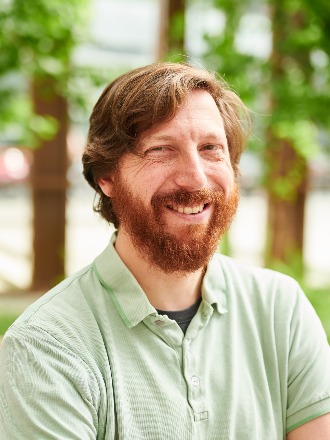Peter Deuss Promoted to Full Professor at ENTEG

We are pleased to announce that Dr. Peter J. Deuss has been promoted to Full Professor in Catalytic Processing of Sustainable Resources by the Executive Board of the University of Groningen. This recognition highlights his significant contributions to research and education in sustainable catalysis.
Career Overview
Peter Deuss studied at the University of Amsterdam and earned his PhD at the University of St. Andrews, Scotland, working on bioinspired catalysis under Prof. Paul Kamer. After his PhD in 2011, he worked on bioconjugation technology at the MRC Laboratory of Molecular Biology in Cambridge. In 2013, he joined the University of Groningen, where he conducted postdoctoral research on converting renewable resources into chemicals. He started as an Assistant Professor at the ENgineering and Technology Institute Groningen (ENTEG) in 2016 and was promoted to Associate Professor in 2021.
Catalysis for a Circular Economy
Deuss focusses on the conversion of sustainable resources using catalytic technologies for a society that reached a high level of circularity. The main focus is on closing the current unsustainable carbon cycle that relies heavily on fossil feedstocks. This is done by developing fundamental insight into the (chemical) structure and reactivity of complex alternative carbon sources such as inedible lignocellulosic biomass residues and mixed plastic waste streams. Here detailed characterization of the chemical structure is linked to efficient catalytic processing technologies ranging from the application of mild enzymatic and acid-base catalysis to high temperature catalytic pyrolysis and hydrotreatment technologies. Here, a combination of realistic crude streams and model compounds/mixtures are applied. The insight into reactivity is then used to develop integrated catalytic processes that combine separation with conversion setups. An example is the development of flow-through extraction methodologie for the separation of lignocellulose components that allow their separate utilization as bio-polymers or bio-based chemicals.
The ENTEG community congratulates Peter Deuss on this achievement and looks forward to his continued impact in research and education.
More news
-
15 September 2025
Successful visit to the UG by Rector of Institut Teknologi Bandung
